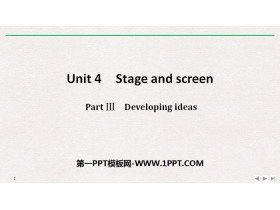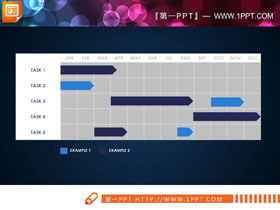![图片[1]-《Do you like bananas?》SectionA PPT下载(第2课时)-第一PPT](/images/2025/0402/2_240308105947_1.jpg)
![图片[2]-《Do you like bananas?》SectionA PPT下载(第2课时)-第一PPT](/images/2025/0402/2_240308105947_2.jpg)
人教版七年级英语上册《Do you like bananas?》SectionA PPT下载(第2课时),共27页。
Language Goals
To learn new words and key sentence patterns.
To talk about the food on John’s birthday.
Emotional Goal
To know the food your friends like and the food they don’t like.
Pair work
Do you like …?
Yes, I do. /No, I don’t.
A: Do you like hamburgers?
B: Yes, I do. / No, I don’t.
A: Do you like salad?
B: Yes, I do. / No, I don’t.
Practice the conversations above.
Give answers that sre true for you.
I like hamburgers.
Do you like hamburgers?
Let’s have tomatoes.
What about an ice-cream?
Oh, no. I don’t like tomatoes.
Role-play the conversation.
Jack: Hey, John’s birthday dinner is next week.
Let’s think about the food.
Tom: Sure. How about burgers, vegetable salad, and some fruit?
Bill: Sounds good. John likes hamburgers.
Jack: Oh, I don’t like salad.
Bill: But John likes salad, and it’s his birthday.
Jack: Yes, you’re right. What about the fruit?
Tom: I think John likes strawberries and apples.
Bill: OK. Let’s have strawberries and apples then.
Language points
1. John’s birthday dinner is next week.
“next week” 译为“下周”,英语中的 “next”, “last” 后跟表示时间的词语构成时间状语,如:
next day 第二天 last month 上个月
next month 下个月 last week 上周
next year 明年 last year 去年
2. Let’s think about the food.
让我们来想想(吃什么)食物吧。
“think about”表示“思考;考虑”, “think” 为不及物动词,常与介词 about连用。例如:
Let me think about your house.
让我考虑考虑你的房子问题。
3. How about…?意为“……怎么样?”
相当于What about…?,用来询问情况或征求意见。如:How about/What about eating salad?
吃沙拉怎么样?
My father is a teacher. What about yours?
我的父亲是位老师,你父亲呢?
4. Let’s have strawberries and apples then.
“Let’s have…”译为“让我们吃……”
1) 在英语中“have” 表示一日三餐的名词,意为“用餐”。
have breakfast/lunch/supper 吃早饭/午饭/晚饭
have dinner 吃晚饭
2)have 表示食品、饮料等的名词,意为“吃;喝”
(=eat, drink)。如:
have (some) bread 吃面包
have eggs (for breakfast) (早餐)吃鸡蛋
have (a cup of )tea 喝(一杯)茶
Homework
Remember the words and phrases.
Make a conversation with your partner about your favorite fruit and vegetable.
… … …
关键词:Do you like bananas? PPT课件免费下载,.PPTX格式;















暂无评论内容